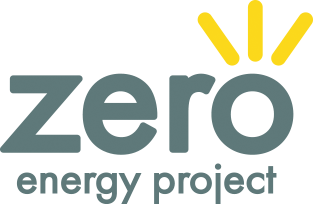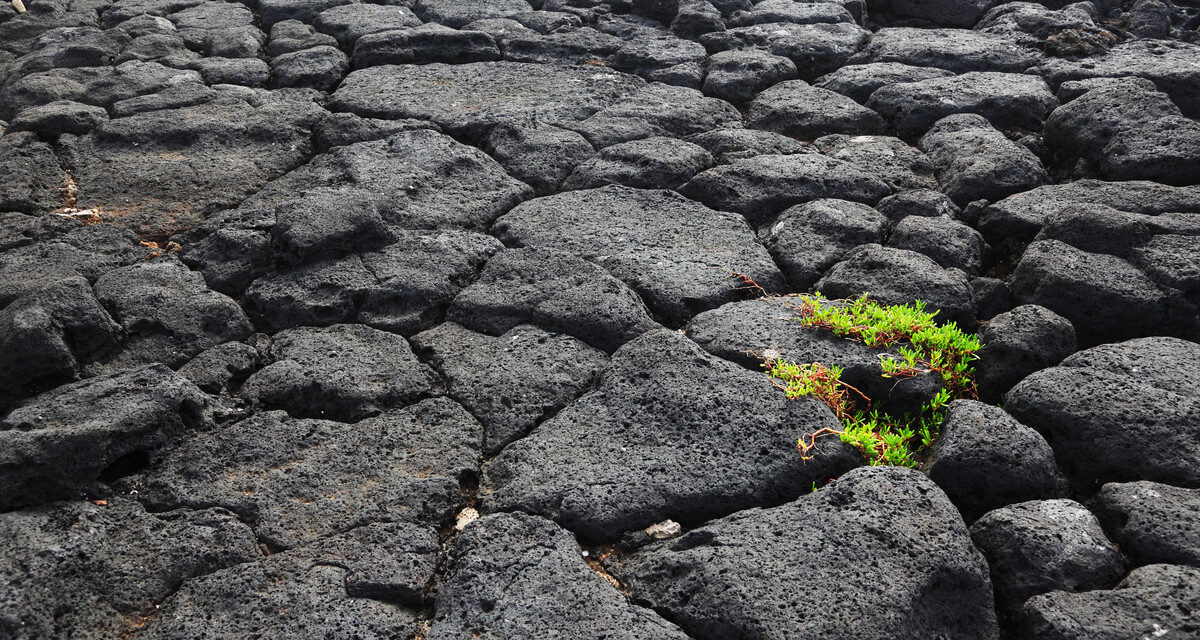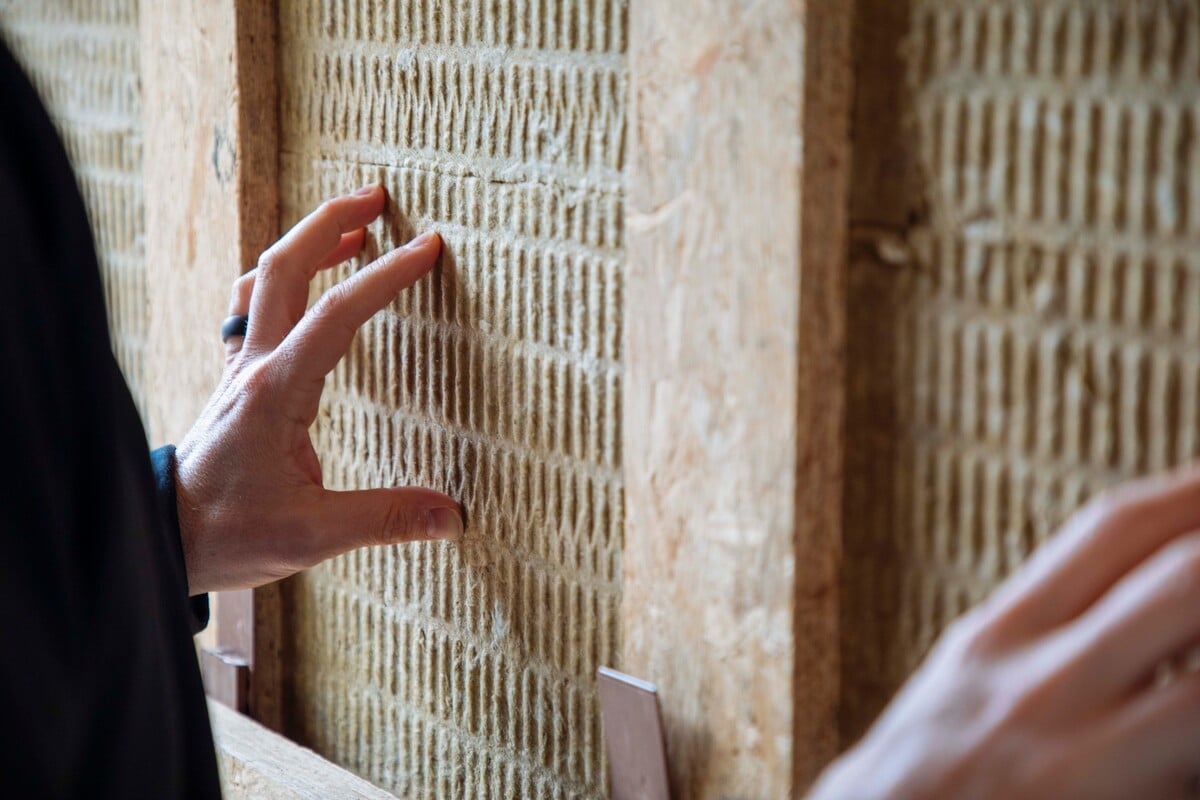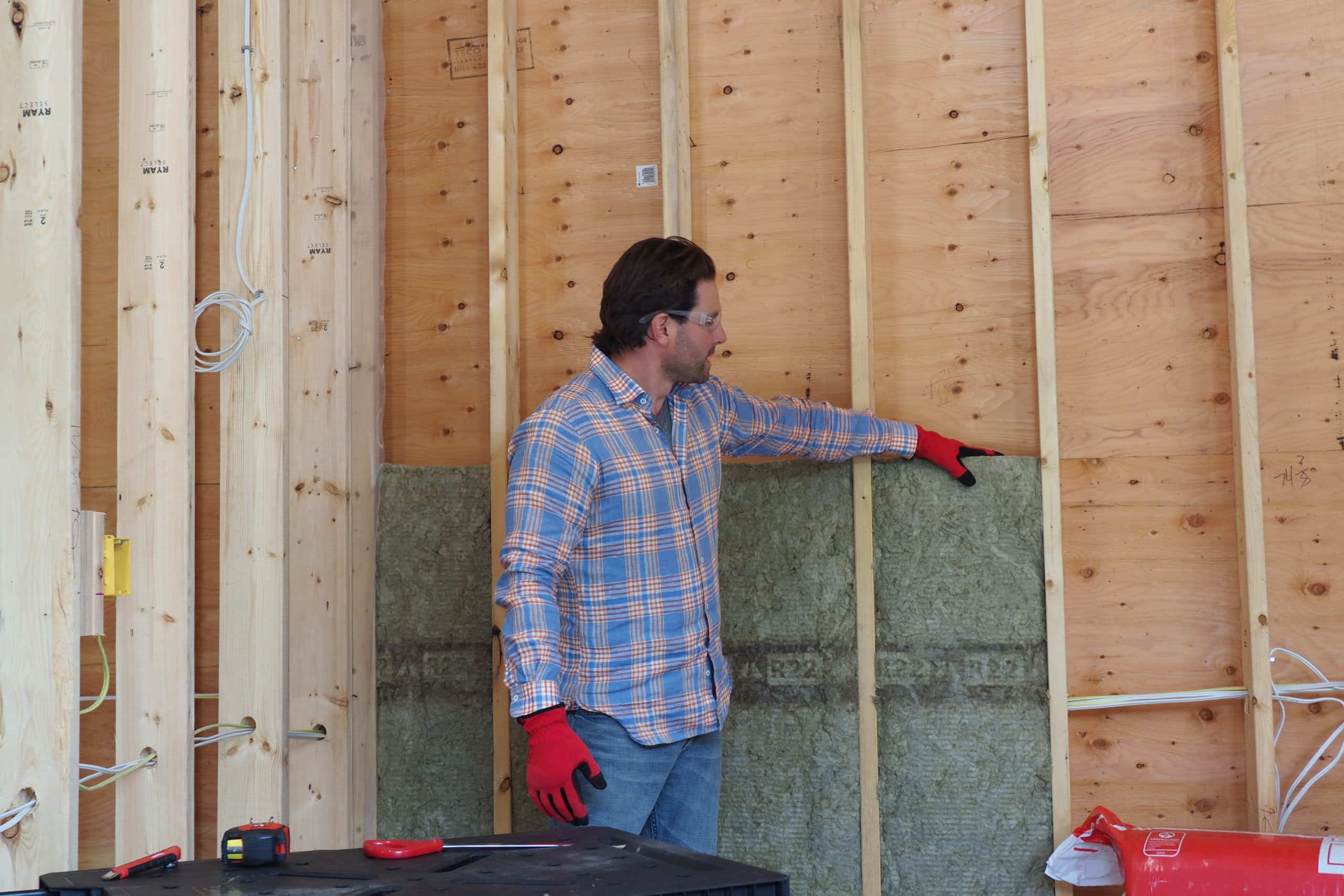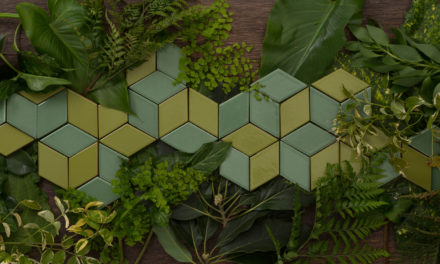Images courtesy Rockwool
by Arnaldo Perez-Negron
If someone were to ask you, where does wool come from, you would probably say sheep without hesitation. Or maybe even llamas if you were feeling fancy. But what if we told you wool can also come from stones—specifically basalt? You’d probably think we were crazy. Basalt, after all, is volcanic rock. It’s hard, not fluffy and fleecy like we imagine wool to be. How could basalt stones be turned into something so soft?
Ask Rockwool. The company specializes in stone wool insulation products that are both sustainable and high-performing based on seven strengths: fire resilience, thermal properties, acoustic capabilities, robustness, aesthetics, water properties and circularity. Their wool is versatile and can be used in interior and exterior walls, ceilings, floors, attics, and roofs.
RESILIENCY
Stone wool, also known as mineral wool and made from one of the most abundant natural resources, allows you to have a resilient home by providing safety from fire hazards and noise pollution. It is able to resist temperatures of over 1000°C as well as prevent and contain fires from spreading. Additionally, it can block undesired noise from outside traffic and ground-borne vibrations to promote a quiet home or building. This is thanks to stone wool’s high density, which permits it to resist airflow.
Stone wool also has the ability to regulate climate and indoor temperature, allowing homeowners to increase their energy savings by 70%, which in turn can aid in the reduction of CO2 emissions. And, with properties that allow it to absorb or repel water based on how it’s been engineered, stone wool can act as a defense against mold, or it can redirect water—to replenish groundwater levels or be recirculated in a greenhouse. Rockwool is also focused on lowering its own manufacturing footprint by integrating circularity into their products, minimizing water usage and waste, and recycling and reusing.
INTEGRATED PURPOSE
Rockwool’s commitment to sustainability is centered on embracing 10 of the Sustainable Development Goals (SDGs), an important set of principles set forth by the United Nations to guide businesses and individuals involved in sustainability. Plus, all Rockwool insulation batt products are GREENGUARD Gold certified. They also have their own ambitious in-house goals such as increasing to 30 the number of countries where they offer recycling of their products and reducing their waste by 85% by 2030. They’re working to reduce CO2 emissions from their production in Denmark and closely monitoring their social impact through a campaign they’ve affectionately dubbed #ThisFutureRocks.
Rockwool prides itself as an ethical company established on leadership that includes audit, sustainability and integrity committees responsible for ensuring the highest of standards in business ethics and sustainability. Simply put, Rockwool’s insulation products are designed to keep our families and the environment safe making them an excellent choice for your next project.

